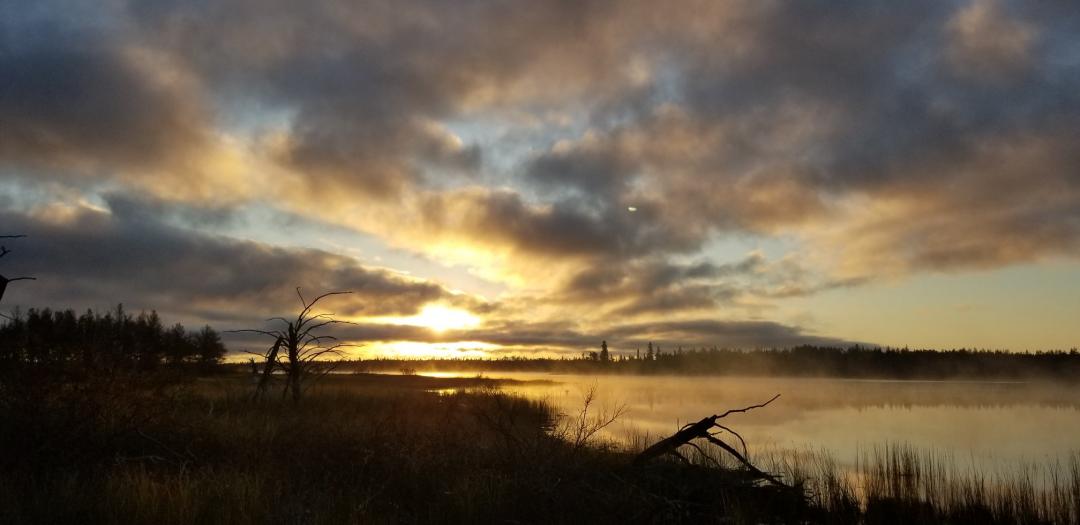The Indigenous territories that make up about 22 percent of the world’s land surface hold 80 percent of the world’s remaining biodiversity. And while biodiversity is under threat everywhere, it is declining more slowly in areas managed by Indigenous peoples. Every direction you look, the ways to stop the mass extinction of species are deeply tied to the knowledge and practices of Indigenous peoples.
Indigenous Peoples’ traditional knowledge and knowledge systems are key to designing a sustainable future for all. International environmental negotiations need to go beyond tokenistic participation of Indigenous Peoples to a genuine integration of their worldviews and knowledge. Respecting and promoting their collective rights to their lands, self-determination, and consent is vital to strengthening their role as custodians of nature and agents of change.
In June 2017 the Canadian Truth and Reconciliation Commission presented 94 “Calls to Action” to further reconciliation between Canadian and Indigenous peoples. Canada was the first country to take this action and is making progress to change the colonial laws, policies, and institutions that continue to exist in many parts of its society, but it is slow.
The federal government is accountable for 76 of the 94 Calls to Action – either alone or in partnership with the provinces and territories. As of January 1, 2024, according to Indigenous Watchdog, 11 of those Calls to Action are complete, 39 are in progress, 13 are stalled, and 13 have not been started.
Of the 18 of the Calls to Action for which the responsibility lies with the church and other entities like post-secondary educational institutions, only two have been completed.
The call is out for all Canadians to double-down their commitment to the work of truth and reconciliation by pushing for the implementation of all 94 Calls to Action.
S. Sutton & Associates Inc. recognizes the importance of true engagement with Indigenous peoples in Canada and worldwide, for as the saying goes, “When we are not at the table, it means we are on the table.”
The UN Declaration on the Rights of Indigenous Peoples requires that free, prior and informed consent of indigenous peoples be obtained in matters of fundamental importance for their rights, survival, dignity, and well-being. Moreover, consultations to obtain this consent must respect local governance and decision-making processes and structures; must occur in indigenous languages and on indigenous peoples’ time frames; and be free of coercion or threat. Indigenous peoples must engage as equal partners and knowledge holders.
With this in mind we are honored to welcome Dr. Shirley Cheechoo, C.M. (Cree) to S. Sutton & Associates Inc. as our newest Strategic Advisor, lending an Indigenous voice to all that we do.
 Contact@SSutton-and-Associates.com
Contact@SSutton-and-Associates.com 420-737-921-492
420-737-921-492 410-245-0398
410-245-0398 647-969-8866
647-969-8866



 www.SSutton-and-Associates.com
www.SSutton-and-Associates.com